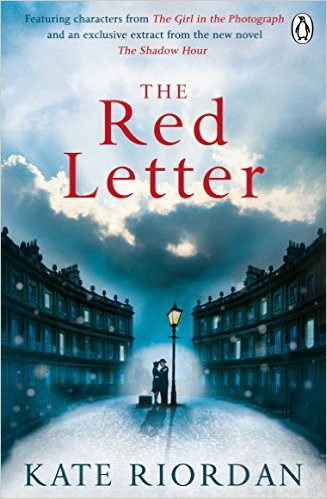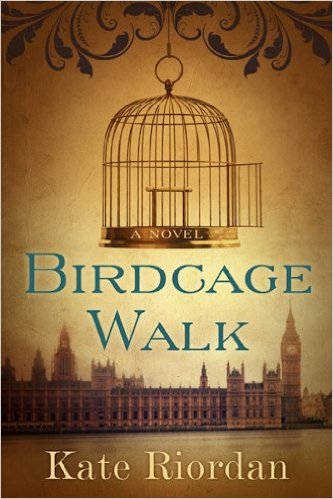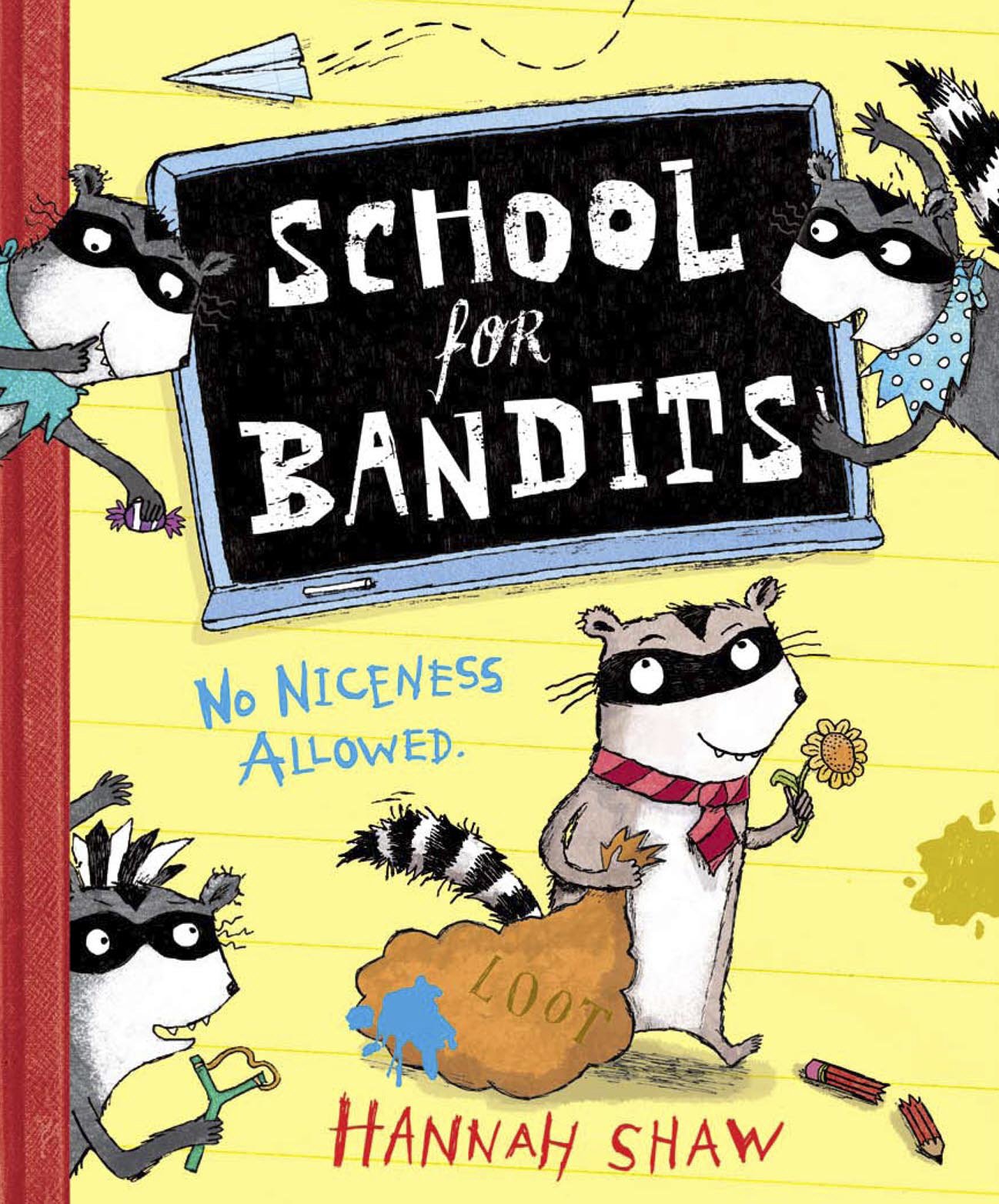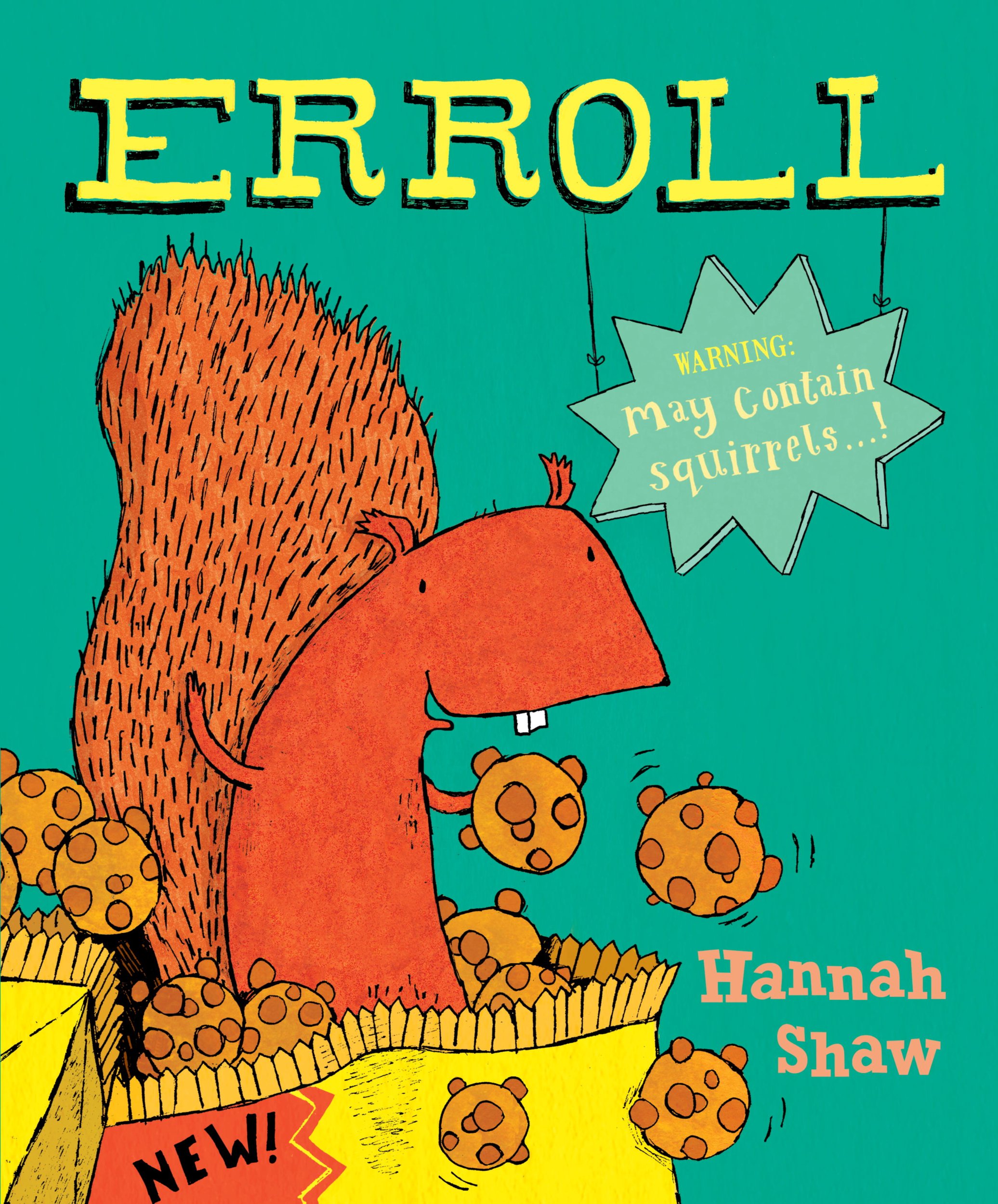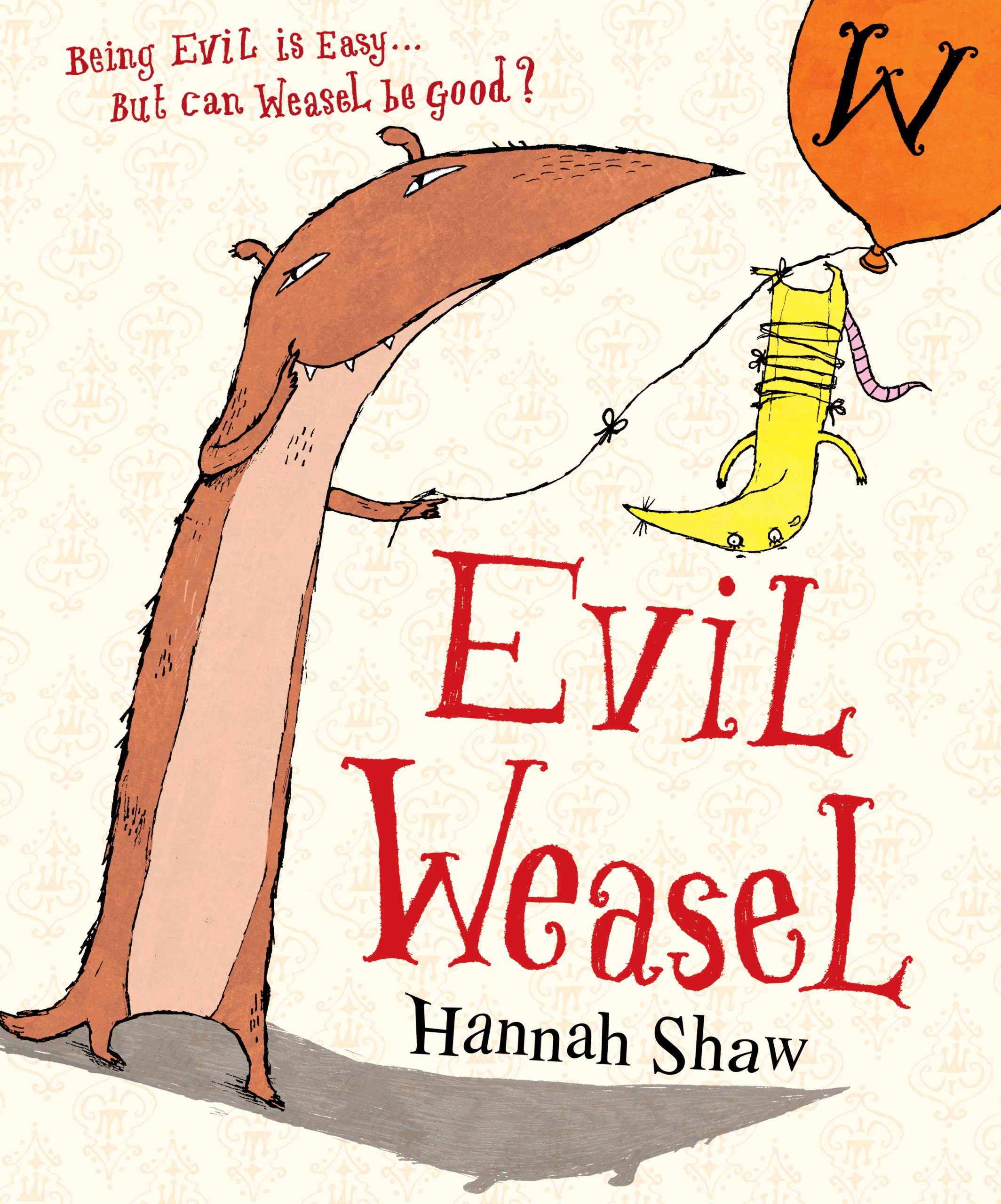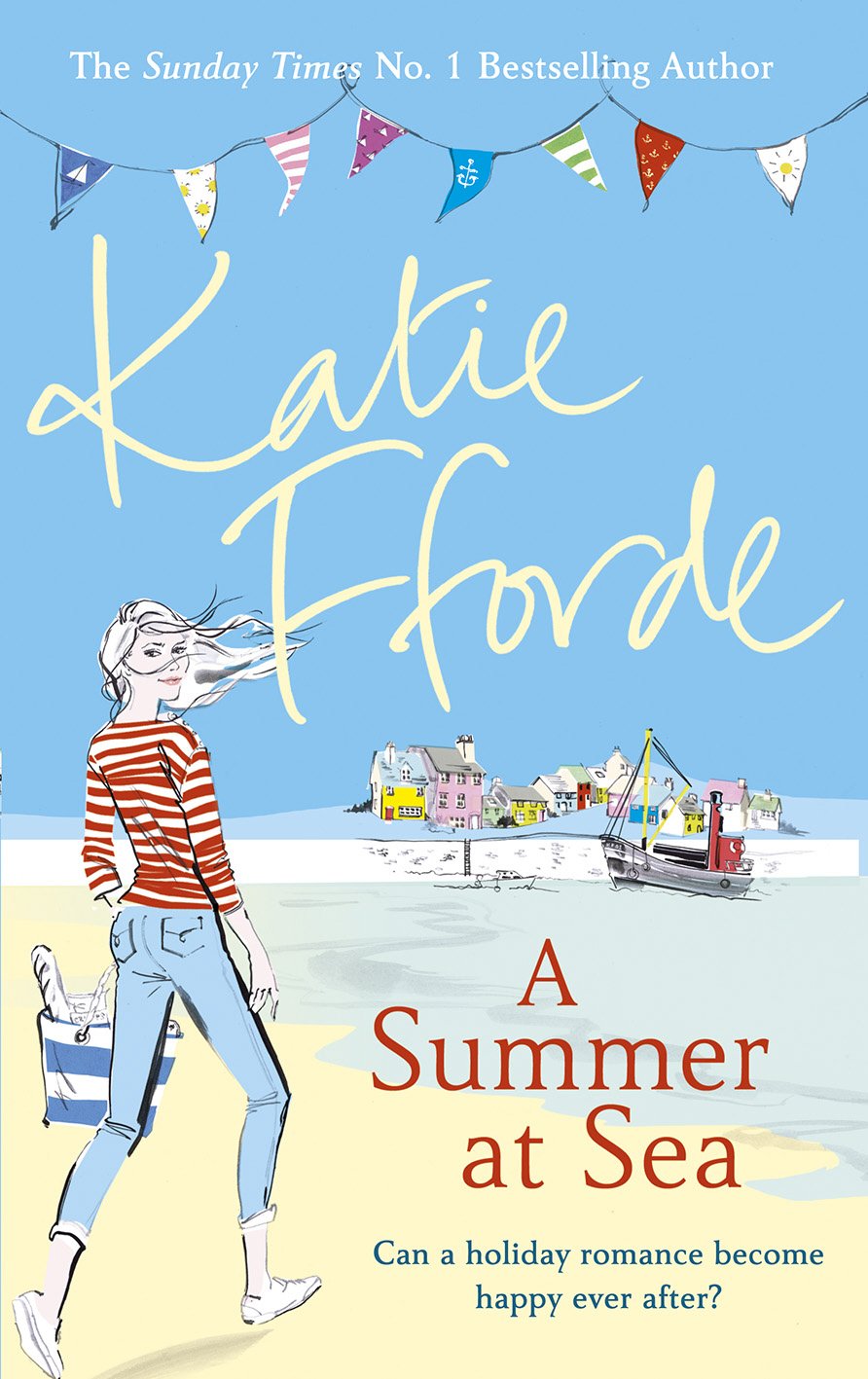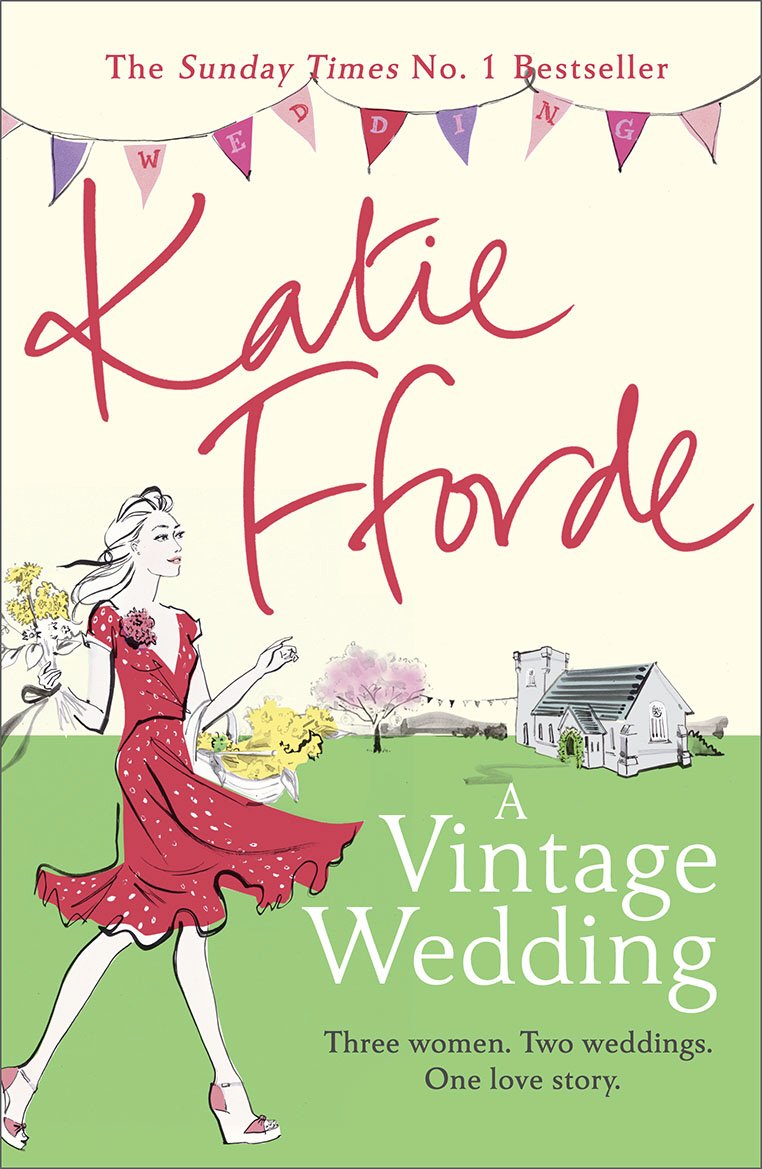I was recently asked to read and review The Spider in the Corner of the Room (now known as Subject 375) by local author Nikki Owen. This was an enjoyable task for me as I enjoy reading and from what I could see of the book it looked like a style I might enjoy, a thriller, I thought.
So, I started to read the book, the first thing that struck me and will you, is the main character; the protagonist, Maria. She’s not your ordinary everyday heroine. She’s not charming, witty and confident. But don’t underestimate her. Maria is intelligent, she is strong willed and does very much want to be in control of her own life and has strived throughout her life to do this. Maria has had to overcome extreme prejudice and every day misunderstandings from others and herself.
Maria is from a Spanish family, well off and well respected, she also has Aspergers; High functioning Autism, which means she finds it hard to understand social normalities, communication and subtleties that others take for granted. She finds others emotions hard to read and has to maintain strict control over her own emotions. She does this through ritual and routine, which help her control her life and understand the world.
The book unveils all of this when Maria is suddenly thrown into jail for a crime she thinks she hasn't committed. But she’s having trouble with her memory, she’s remembering some things that haven’t happened and forgetting other things that others tell her have happened. Who can she trust, how does she know who she should trust, why would they lie and why would they want to help or hinder her? How is she meant to know the truth?
Along with this, Maria starts discovering new talents she didn't know she had. How did she learn these skills, who taught them to her and why doesn't she remember?
The book delves into Maria’s character, a hard task as she is not immediately likeable. She’s unstable, afraid and confused and there’s no easy way to unfurl any truth to help her. The author cunningly adds other characters that we can more easily identify through, but we still don’t know who to trust, as we become one with Maria, the book being written completely from her perspective. All this whilst racing through a who-done-it storyline.
Subject 375 is set through two timelines, the present day and a couple of weeks before the present day, the two colliding towards the crescendo of the book and leaving us on a cliffhanger where we pleadingly need to know what happens next.
This is a well written and accomplished first novel, with two follow ups in the making. Nikki adds style and substance to an original character, making us feel at once helpless and enthralled, giving us a very realistic glimpse into the mind of a well thought out and researched character. I’d very much recommend picking up a copy yourself, I warn you to put aside a few hours to read, as you won’t want to put it down until you've read every page, too!
I was lucky enough to be able to ask Nikki a few questions about her début novel and life in Stroud, here’s what she had to say:
Spider in the Corner of the Room seems to have a different title, Subject 375 - can you tell me is this a new version, or a different international title?
Subject 375 is the new title for The Spider in the Corner of the Room. Same book, different name for the UK & Commonwealth market. The reason the change came about was that last November, I was on a library tour and the response to Spider as a story was amazing – the reaction to the cover was different. Everyone loved it, but as one reader put it, ‘The cover confused as to the genre.’ The same message was coming across from more & more readers and so, the publisher and I, we sat down and discussed it. At the same time, the French title for the novel is Sujet 375, and boy is it doing well over there. So, along with reader feedback in the UK, we decided to change it and, hey presto, Subject 375 was born. The French publishers, Super 8, took the cover in a new direction and readers have really reacted well to it, so it was just fantastic that my lovely UK publishers looked, listened and thought, ‘Hey! Great idea!’ And it was. The novel is coming out in the USA and Canada this summer and over there, it’ll be under the title of Subject 375.
The book contains a really interesting and original main character, where did you get your inspiration?
I'm a huge crime fiction fan. Book, TV, film – you name it, if it’s a cracking story, I'm in. But here’s the odd thing: until recently, I never noticed just how male dominated that world is. It was only when Stieg Larsson’s Millennium trilogy came out that I really began to question what makes a strong crime protagonist. Yes, mercifully, there have been some huge female icons – DCI Jane Tennison in Lynda La Plante’s stunning Prime Suspect novel immediately comes to mind, but the Tennison’s of this world are few and far between. And why? Because society is scared, I believe, to imagine women as strong or violent, even.
I actually began writing The Spider in the Corner of the Room with a male protagonist. My trained-by-society brain went into automatic pilot and created a bloke as the main character, but eight chapters in, and something wasn't working. And so, that night, I went to the cinema to see the James Bond film, Skyfall. There’s a character in the film a female spy, who, at the beginning, is strong, decisive, but, by the final scene of the movie, is, instead, portrayed as weak, having been relegated to a PA because she couldn't, ‘cut it in the field.’ I was watching the film with my daughter and it made me so cross; here was a woman – and to a greater extent, women in general - being, basically, depicted as feeble. So, film over, I charged home, immediately changed my protagonist’s voice to a strong, complex woman and Dr Maria Martinez was born.
And it worked, creating Maria. It made sense not only on the page (the words just flew out), but in my head as well. Because I now had a character who was real, flawed, intelligent, strong – and she had Asperger’s. Not only did it feel right, developing Maria – it felt empowering.
What research did you use to get insight into Maria?
As well as observing and speaking, I did a lot of research on forums and blogs. There are some amazing people out there on the spectrum who share with us what their lives are really like. It’s the little things - like I didn't realise how hard airports often are for those with Asperger’s – the sights, sounds, smells. It’s all an assault on their hypersensitive systems and can trigger a sensory overload, which can lead to what is wrongly perceived as ‘erratic’ behaviour to cope with it all (rocking, leg bouncing etc.).
Reading the blogs- so many, over and over – helped me to really get a gauge on how their lives are actually lead. And it made me see that women with Asperger’s can be different to males, which is, for my protagonist, crucial. For example, adult females can be more prone to both temper tantrums and crying meltdowns, even in public, yet on the other hand, they can also be better at socializing in small doses, but they tend not to have many girl friends nor do ‘girly’ things. When writing Spider, I constantly went back to my research - the blogs, forums - to remind myself how life for those with Asperger’s really is, what they really think, so that way I could, in the wider context of a fiction novel, at least try and paint some small semblance of real life.
Did you use any of your own life experience within the book?
When I was a kid and a teenager, I was a bit of a geek, lanky, skinny, odd hair, big milk bottle glasses – naturally, that did not go down well. I was vaguely different from the mainstream, as it was then, and I got some stick for it. All water off a duck’s back now, but what is sad is that it’s the norm to take a jab at someone different – it’s seen as acceptable. And with social media, the whole situation, I believe, has got way worse.
I think my experience of being bizarrely seen as different helped me write the book, because I know what it feels like to be on the outside sometimes, to live in one’s head, to feel lonely even – we all do from time to time. Also, I am Irish and, while that’s accepted in the UK now, when we first moved here to the UK in the seventies/eighties it wasn't so easy. Other kids used to taunt me and my siblings’ accents, saying we were ‘Paddy scum’, told us to go back to Ireland, all because we were ‘different’ and people perceived we shouldn't be in the UK. It’s crazy now when I think of it, but, sadly, nothing has changed. Sure, the Irish are pretty much the accepted immigrants in the UK, but the taunting of other nationalities who live here continues – Polish, Romanians – everyone. And it’s plain wrong.
I guess, all in all, the biggest thing in the book that relates to my life is the belief – through direct experience - that we should judge each other less. We are all so quick to assess people and it creates such conflict, sadness, loneliness. If only we took each other for what we are, life would be a better place. Less wars etc. Also, I have strong opinions on how governments and those in power often say one thing and yet mean the other (which is the opposite of what it is to have Asperger’s). I don’t want governments to lie and deceive; be up front, politicians. People appreciate that more.
You left us on a cliffhanger at the end of the book, will there be more and if so, can we have a quick preview?
There’s definitely more! Subject 375 is part of a trilogy, with the second book due to hit the shelves in the UK this June. I can’t at this stage reveal too much, but what I can tell you is that it shines a light much more on Maria Martinez’s family and the full background to just what has been happening and who is really involved.
There are rumours of Hollywood interest in making a film of the book, is this true and if so how will you be involved?
In 2014, the trilogy was optioned by NBC Universal to create a one-hour returnable international TV series. With book two now due out, and with film agents showing interest so far, the potential for a film deal is definitely one my literary agency are gunning for!
You're now a Stroud local, so will you be writing about your home town in any of your books, as we'd love to be mentioned, I'm sure?
I am lucky enough to live in an area surrounded by inspiration. Now we have moved to Stroud, I just have to stare out of my window in the study to be inspired: the sway of the trees, the rainforest sound on the leaves in a down pour. Even walking into town, discovering new areas influences what I do, as does travelling to different Cotswolds villages – I love to have a nosey at different people’s lives. Sorry if I stare… But as for specific books, yep, I have a tonne of ideas that may well involve Stroud. Where we live is amazing!
What will you be writing about next and how can we follow your writing?
The next book in the trilogy is out in June and we’re working on revealing the true title and cover, so watch this space. Readers can follow me on twitter (@nikkiwriter), on Facebook (nikkiowenauthor) for reveals and competitions. As well as writing a series of Talking Heads style monologues, (and writing for Good On Paper, naturally) I’ll be appearing at Hawkesbury Literary Festival on the 23rd April and at Chipping Campden Literary Festival on the 5th May. And if you have a book you fancy getting published, but are unsure what to do next, I'm running a ‘How To Get Published’ course at Hawkwood College, Stroud on the 26th July. So, yeah, pretty busy! Just the way we like it.
Helen Elliott-Boult is a Stroud newbie, but long time admirer. She is an art enthusiast, short story dabbler, music and dance admirer and survivor of Media and Art school








